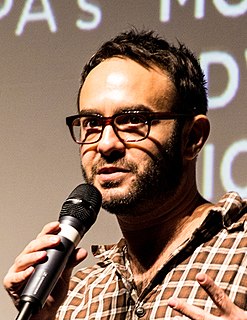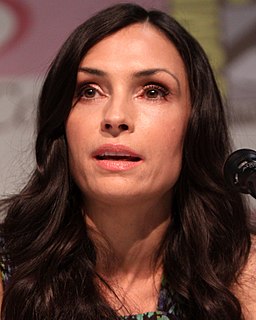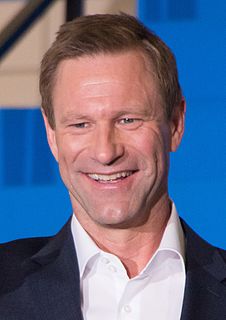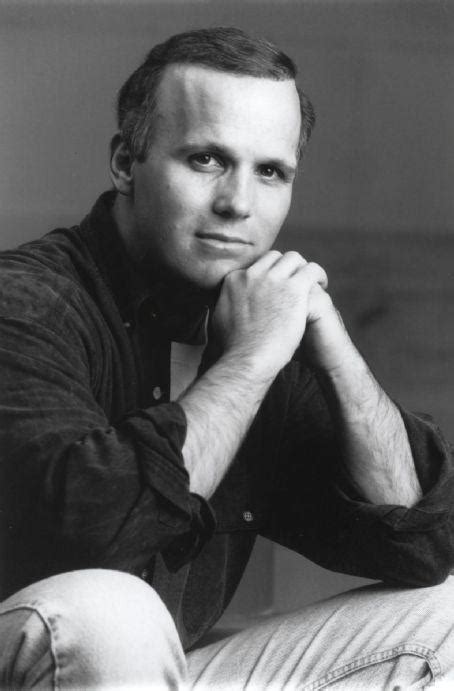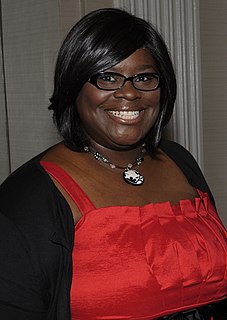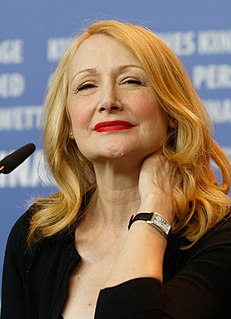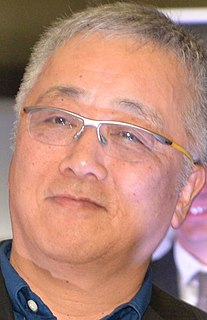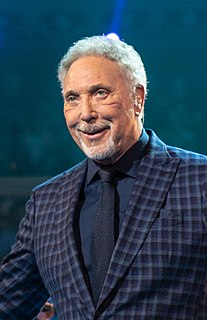A Quote by John Krokidas
When you're a first time director, you're often considered what's called a "deadly attachment" in the eyes of financiers, because they're trusting you with a lot of money to bring something home, to get great performances, to not have a nervous breakdown in the process.
Related Quotes
What I'm angry about, and I've gone on record saying this, is I think that financiers get away with murder. They realize they can get something for nothing and they won't settle for anything else. There's something called a Schedule F. If I work for a Schedule F contract that basically means I'm doing the movie for free because by the time I pay all my commissions and taxes there's barely anything left for me to live on. This whole notion that you do work that you love for very little money and then you go out and do something you hate to make money.
The great thing I think when you do independents is that people are really there for the same reason. They're not there because they got a lot of money and they want to just go home and get it over with. They're there because they believe in the script or the director or the cast or whatever it is, and they want to make it work.
Well, I think there was a time when I first started that there was such a thing called 'a woman's film' and there were certain scripts that women would make. But I think that's changed a lot now. I think that if a woman director walks into a room with a script, it doesn't really matter what the subject matter is, or the genre is, so long as the financiers feel that the woman has the skills to make the film.
I will say from the outset, I think if you're great, you're great from the very beginning. And because I do think it is innate and I do think it is a gift you just have, and I don't think you can - you can hone the skills of a director, but sadly, I do think that you are born a great director. I think it's just in you and it's something that is deep in you. But, I find it can be difficult working with first-time directors, but it's also moving.
During the production of the Steamboy film, what I put my most effort in was the process of layouts, and I did my best to check every detail. Once this process is done precisely, we will get great backgrounds from our art team. This makes the team effort fun. I can't create a movie by myself. It is worthy only because many staff bring new ideas and techniques. I think the appeal of being the director is to encounter such new things, which I don't possess. It is absolutely wonderful to create something new based on teamwork. It is something that I couldn't appreciate in my cartoonist days.
There's not a second of my time on tour where I'm not engaged with something. It is the hardest job - a great job, and I love it - but truly the hardest job I've ever had. There's no time away, there's no time off, and it's so exhausting. I drive myself around in a van, and I don't have the money or infrastructure to do it differently, and I'm involved at every level. I feel like I'm just collecting info, and can't wait to get home to try and process these.
I have to get three pages done every day, and there's usually a point about 150 pages in where everything falls apart, where all the plans are for naught. The book has become something else, and I have a nervous breakdown, and then I submit to what the book has become, and I keep going, and that's a terrible and then a great time.
